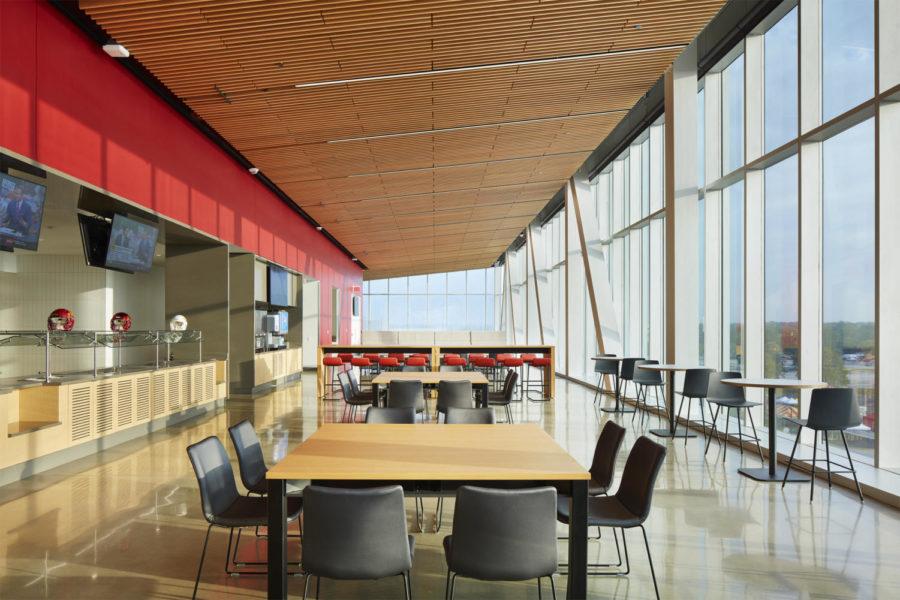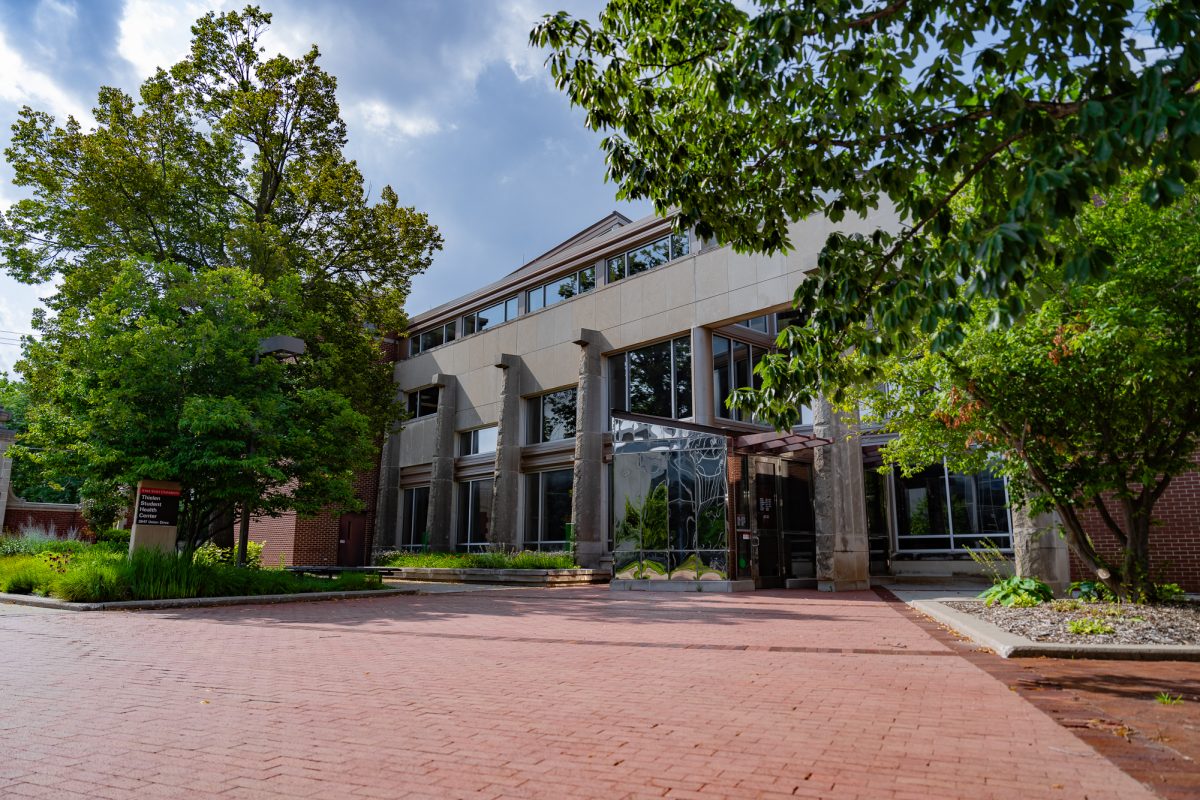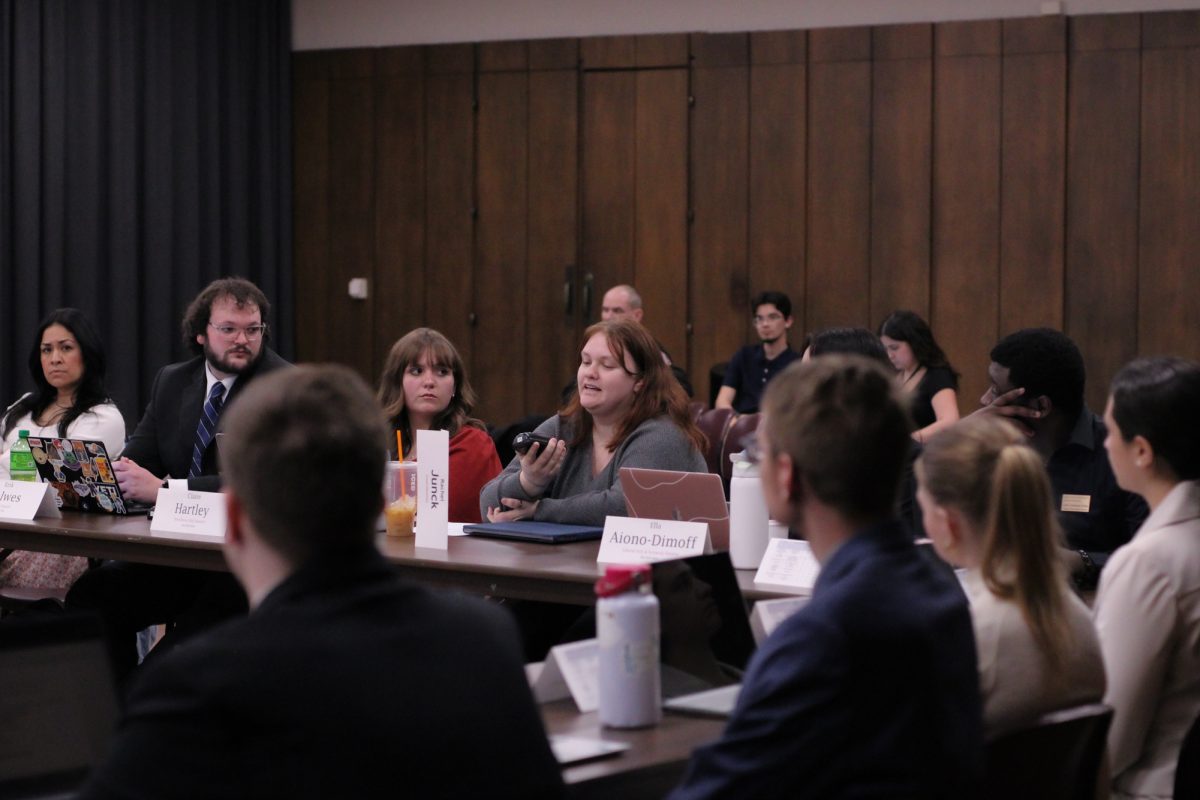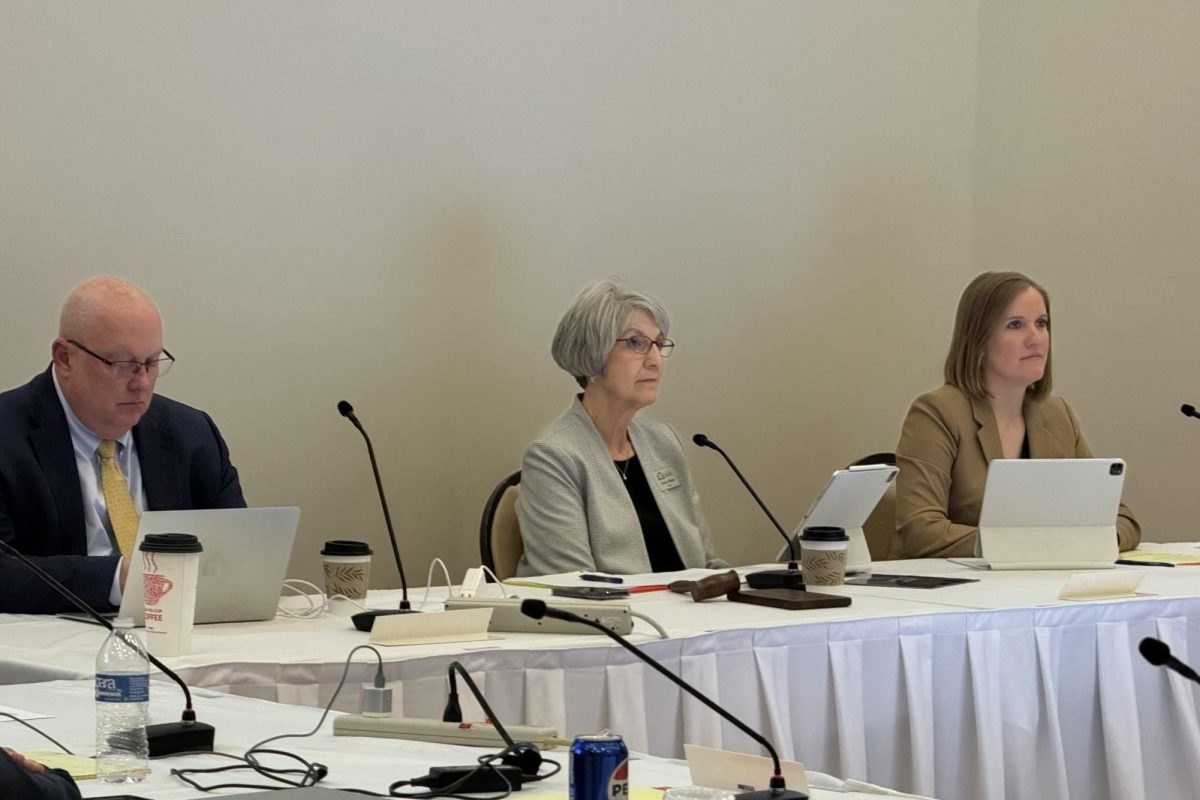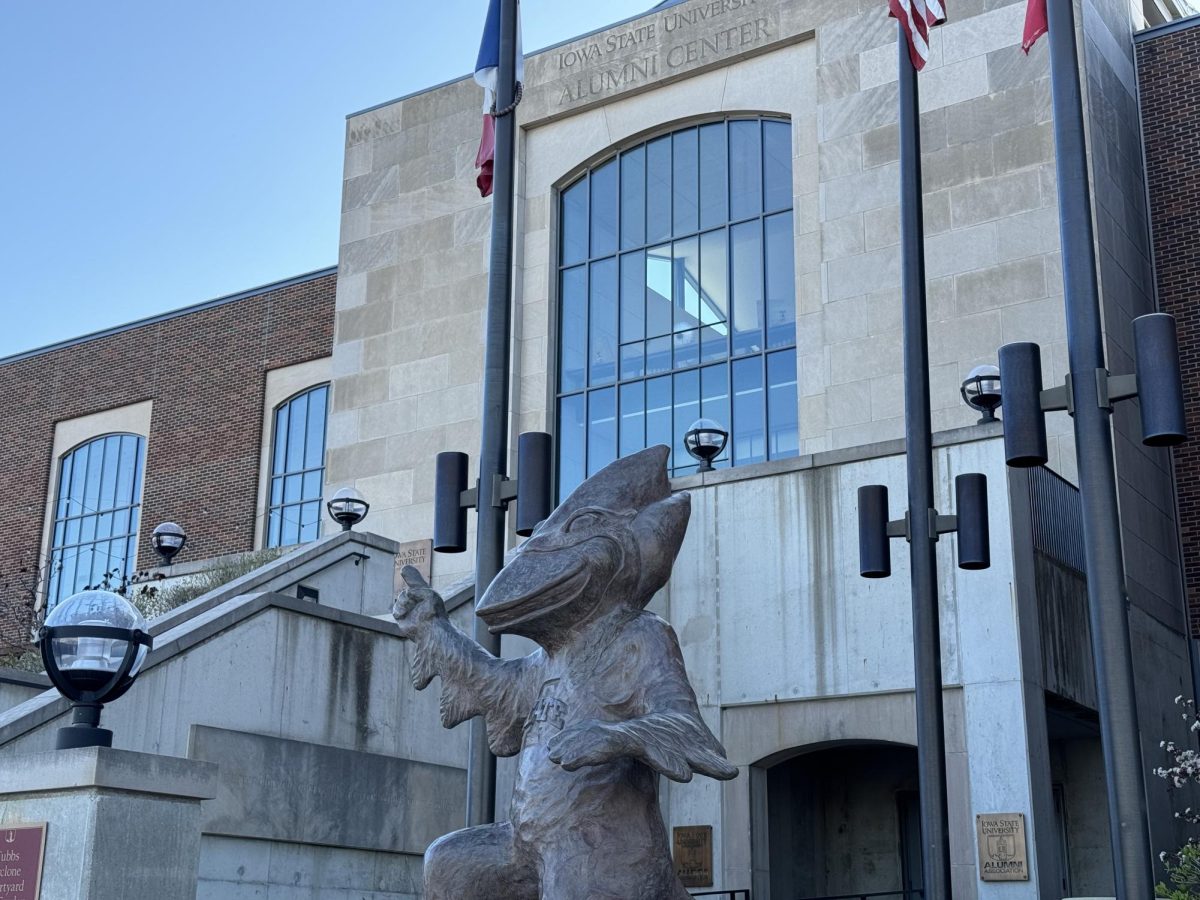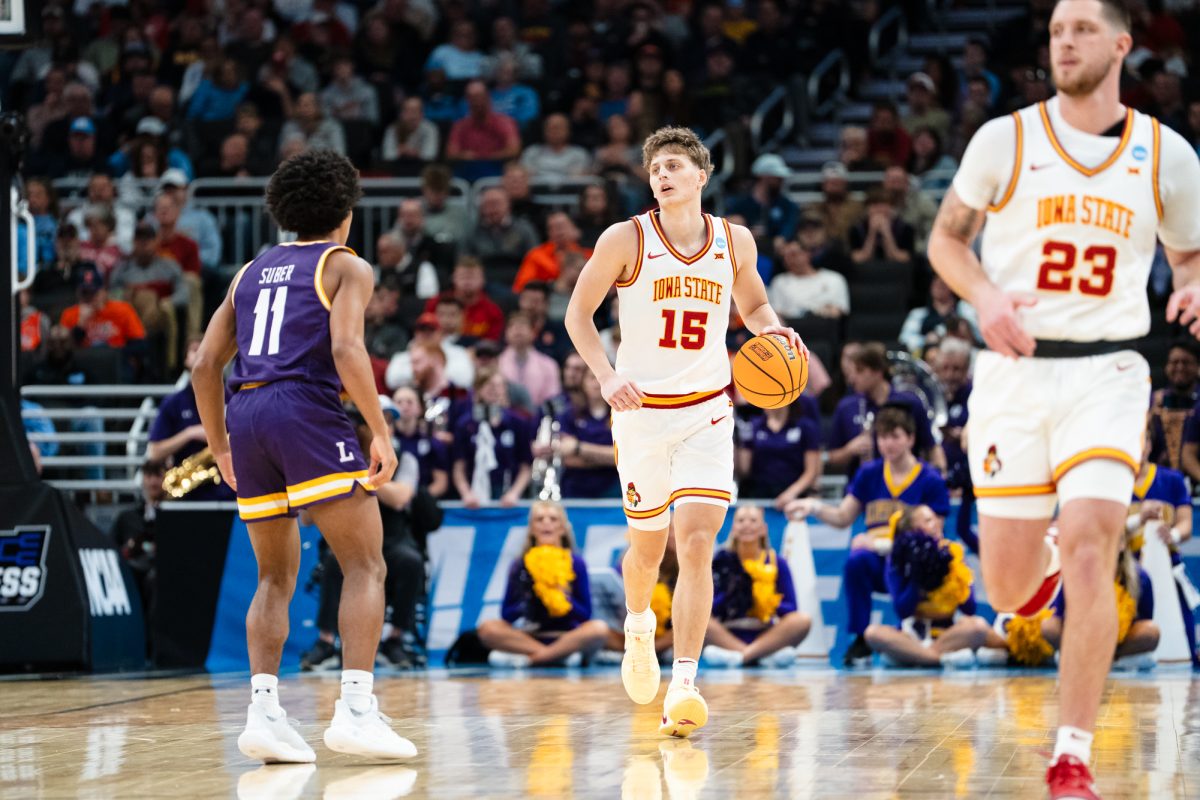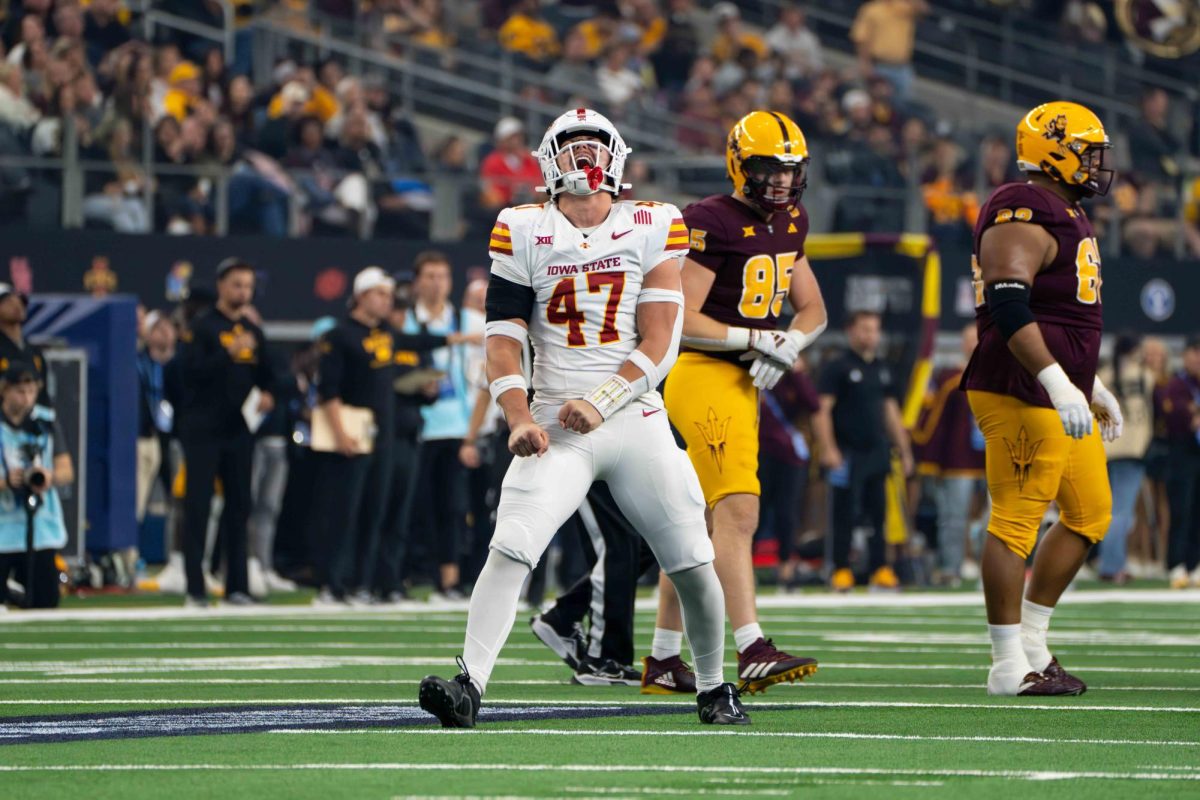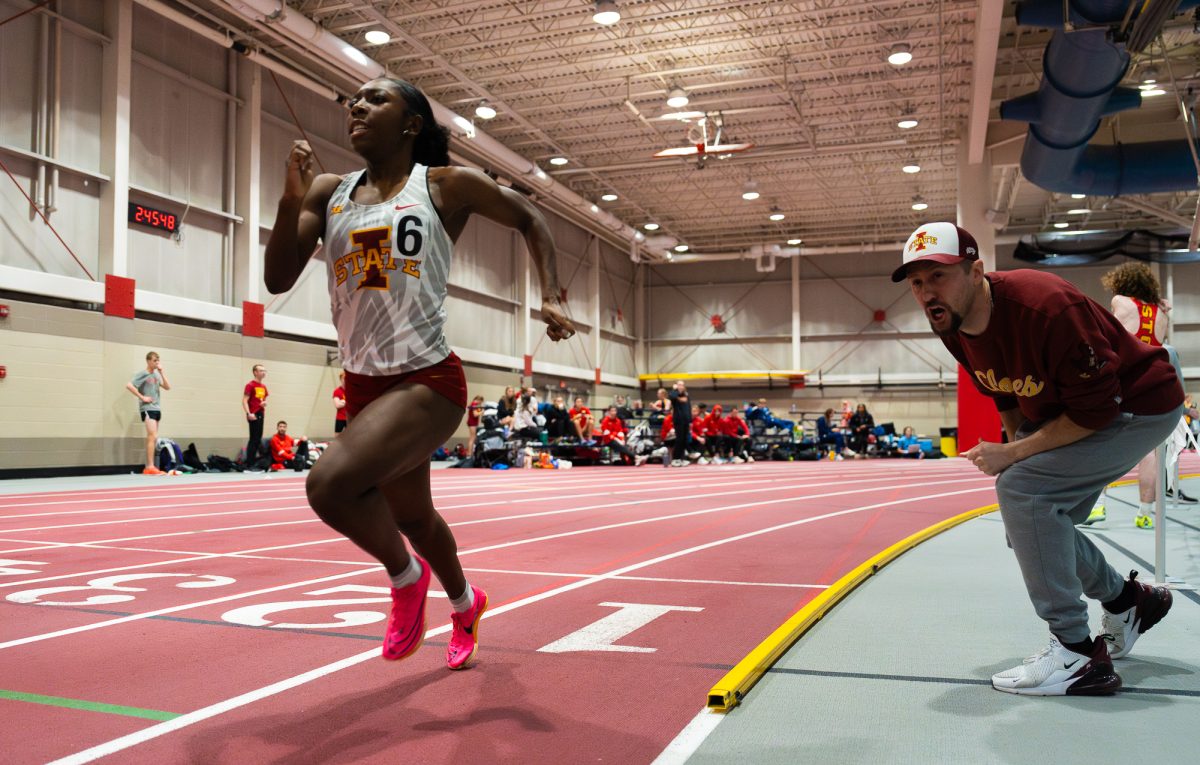The ISU Athletic Department reported $110.12 million in income for fiscal year 2023, according to the regent universities’ comprehensive fiscal report.
The report includes income and expenses for specific sports such as football, men’s and women’s basketball and wrestling. The report also states lump sum line items, including salaries, capital projects and scholarships.
Sports by the numbers:
Of the four sports reporting specific totals for incomes and expenses, football reported the most positive ratio of income versus expenses, reporting more than three times as much income as expenses.
- Football
- $15.96 million in income
- $4.61 million in expenses
- Men’s basketball
- $4.95 million in income
- $2.19 million in expenses
- Women’s basketball
- $611,041 in income
- $1.39 million in expenses
- Wrestling
- $277,223 in income
- $447,386 in expenses
- Other sports
- $321,111 in income
- $3.85 million in expenses
The report lists scholarships on a separate line item at a total of $8.6 million.
The report lists salaries and benefits under one line item, for a total of $37.6 million. According to the Iowa Legislature, the five highest-paid athletic department salaries were as follows:
- Matt Campbell $2.7 million
- T.J. Otzelberger $1.55 million
- Jon Heacock $1.03 million
- Bill Fennelly $860,000
- Jamie Pollard $800,000
Other items
The report shows the athletic department spent $13.7 million on capital projects in fiscal year 2023.
Debt service totaled $8.84 million, funding projects bonded through the Board of Regents. According to Chris Jorgensen, senior associate athletics director for operations, the main projects included are the Bergstrom Football Complex, Sukup End Zone Club and Stark Performance Center.

More than $40 million was reported under Big 12 Conference and NCAA income, which, according to Jorgensen, includes TV broadcast rights, money from bowl ticket sales and TV broadcasts and NCAA revenues derived from the NCAA basketball tournaments.
The department received $1.79 million from the student fee assessed by the athletic department.
Foundation support was more than $27 million through the ISU Foundation, which comes from donations for things like parking, seating rights, donations for seats, club seats, Johnny’s at Hilton Coliseum and donations for facility projects such as the Stark Performance Center, the Bergstrom Football Complex, and the Sukup End Zone Club, according to Jorgensen.
Football income decreased from 2022 to 2023 by $1.28 million, which Jorgensen attributed to ticket sales from hosting two in-state schools, as well as a seven-game home schedule in 2022.
Administrative costs rose over $300,000 from 2022 to 2023, which Jorgensen attributed to insurance.
CYTown increase explained
In November, the Daily reported an increase in CyTown spending, which was submitted in a request to the Board of Regents, which the board approved.
The $9.2 million requested increase to the project budget increased the cost of the initial infrastructure project by 32.3% but was a result of the project being under budget, according to Jorgensen.
“The CYTown increase was not an unanticipated increase,” Jorgensen said.
The infrastructure plans were originally set to be two phases, but Jorgensen said combining the plans was a business decision and an opportunity to take advantage of savings.
“The increase was simply an approval of completion of all phases of the project,” Jorgensen said.

“It wasn’t due to cost overruns. We actually were under budget on the first phase of the project, took the opportunity to take some of those savings and made a business decision to complete all phases of the infrastructure to have the project ready to go, as we received a lot of interest from developers and wanted all business sites ready for construction,” Jorgensen said.
CYTown does not use money from the state of Iowa or the Board of Regents; instead, it is financed by the athletic department and private giving. Jorgensen said the profits from CYTown will be reinvested in CYTown or into the assets of Iowa State Center, which includes the Scheman Building, Stephens Auditorium and Fisher Theater.
Approximately two-thirds of the up-front infrastructure costs are from athletics, and the remaining third is from private fundraising.
Jorgensen said with the phase approval, CYTown is “ready to go for final completion.”


